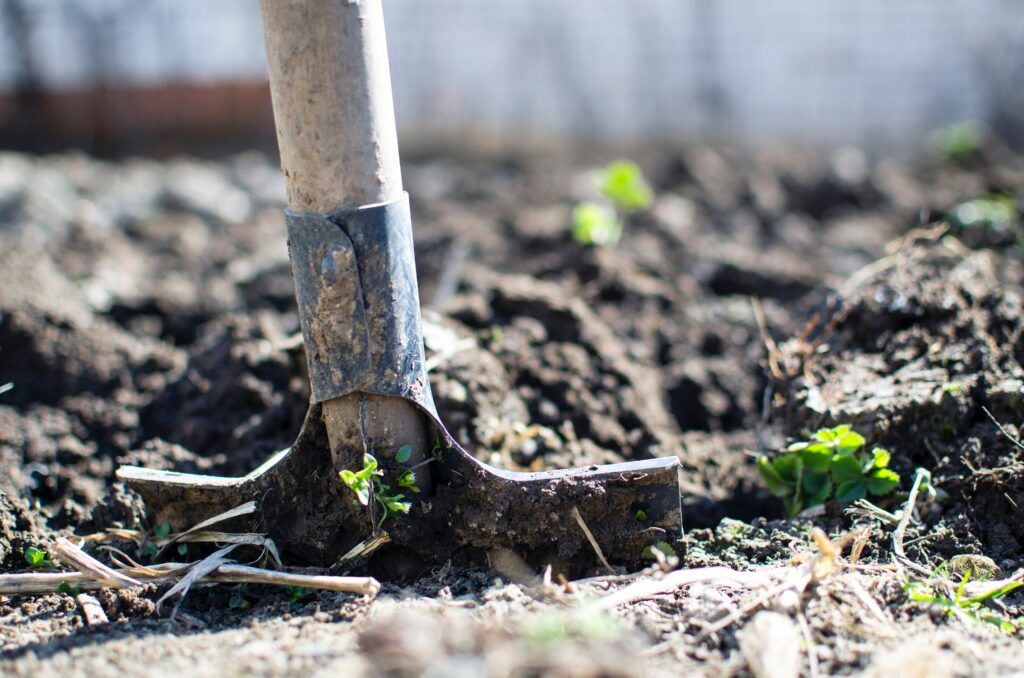
One thing remains unchanged: our focus on European farmers to stay competitive while transitioning to greener practices. We need to leave no doubt that our green ambitions are real and achievable for European farmers.
CAP elements
During the morning session, ministers held an exchange of views on three elements of the CAP reform: the green architecture, the incorporation of the European Council’s MFF conclusions in the future direct payments system, and the new delivery model. While ministers had divergent views on some issues, they stood firm on the aim of agreeing the Council’s general approach in October.
Suggestions of the presidency
Many ministers acknowledged that suggestions put forward by the presidency are a step in the right direction. These included the introduction of an EU-wide uniform minimum share of non-productive areas and a more flexible and voluntary approach on capping direct payments. The suggestion to introduce mandatory eco-schemes with a two year pilot phase was partially welcomed. With regards to the new delivery model, ministers acknowledged the progress achieved so far but also considered that further discussions are still needed on specific issues: the approval process of the national strategic plans and, more generally, the need for a simplified policy.
Trade-related agricultural issues
Based on a presentation by the European Commission, ministers discussed the latest developments in the ongoing negotiations of the EU’s free trade agreements and partnerships with third countries. Ministers heard from the European Commission about the increased EU exports of agrifood products during the first months of 2020 thanks to the application of recently concluded agreements. Many ministers also expressed their strong support to the European Commission’s efforts to conclude open, fair and sustainable trade agreements with third countries, especially during the Covid-19 pandemic.
Other issues
Ministers also touched upon the following issues:
- France presented a declaration on the need to develop plant proteins in Europe to reduce the strong dependence on imports;
- Spain reiterated calls for maintaining the current budget for the programme dedicated to the outermost regions in the next MFF;
- The Czech Republic and Italy presented a set of desired principles related to the front-of-pack nutritional labelling;
- The Czech Republic called on the European Commission to submit a proposal to ban the production of eggs from laying hens in cages in the EU by 2030.
- Germany presented the state of play of African swine fever in Germany and the measures taken;
- The Czech Republic presented a note on the situation in the pig farming sector calling the European Commission to provide a detailed analysis.
More information

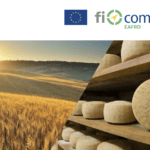
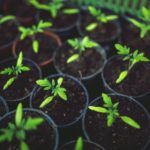
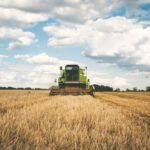
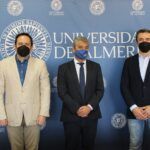
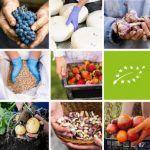
Leave a Reply